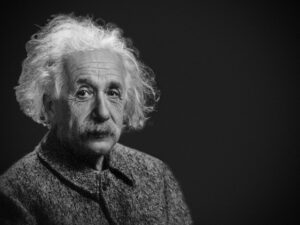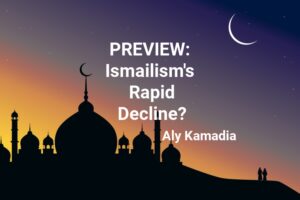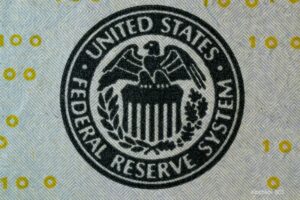By Chris Patten, Chancellor of the University of Oxford, last British governor of Hong Kong and a former EU commissioner for external affairs
Since the golden age of Athenian democracy, freedom of speech has been viewed as a defining feature of open societies, even as it remains under constant attack. The Athenians believed that the proper functioning of government depended on free and honest exchange of ideas, no matter how controversial or unpopular. In ancient Rome, by contrast, only senators enjoyed anything resembling free speech – and even then, as the statesman Marcus Tullius Cicero learned the hard way, speaking out could have deadly consequences.
In the centuries that followed, centralized authorities – from the Vatican to monarchies – persisted in suppressing open debate, with Galileo becoming perhaps the most famous victim of official censorship. While the invention of Gutenberg’s printing press marked a historic turning point, fueling the Protestant Reformation and ushering in an era of social and technological change, governments still sought to control printed materials. In 1644, after the British Parliament passed a pre-publication licensing law, John Milton published Areopagitica, his passionate defense of free speech, declaring, “Give me the liberty to know, to utter, and to argue freely according to conscience, above all liberties.”
The US Constitution’s First Amendment, deeply rooted in Enlightenment ideals, is arguably the crowning achievement of free-speech advocacy. In the first half of the twentieth century, as totalitarian leaders like Adolf Hitler and Joseph Stalin ruthlessly suppressed freedom of expression, US President Franklin Roosevelt made it a cornerstone of his vision for a postwar global order. That is why, in his 1941 State of the Union address, Roosevelt placed free speech first among his “four freedoms.”
But while free speech has become deeply embedded in Western democracies, it has not flourished everywhere. Autocrats like Chinese President Xi Jinping and Russian President Vladimir Putin, to cite two notable examples, regard freedom of expression as an existential threat to their kleptocratic regimes. The ongoing crackdown on civil liberties in Hong Kong, where journalists are imprisoned, newspapers are shuttered, and journalism itself is treated as seditious, attests to their approach.
From the printing press to the internet, technological advances have often provided dissidents with tools to bypass government censorship. During her nearly two decades under house arrest, for example, former Burmese leader Aung San Suu Kyi relied heavily on the BBC World Service to stay informed about global events.
In our hyper-connected world, where mobile phones outnumber people and most of the global population has internet access, the decline of traditional news outlets has deepened our dependence on social media. As opaque algorithms shape the news we consume and our perception of reality, the corporations and oligarchs controlling these platforms pose a growing threat to free speech. Although they claim to be its ultimate defenders, their business model, by amplifying disinformation and identity-based grievances for profit, renounces the responsibility that sustains it.
At this critical juncture, we must ask: Should tech billionaires and “free-speech absolutists” like Elon Musk and Telegram CEO Pavel Durov – recently arrested in Paris on charges that his platform had become a hub for illicit activities such as drug trafficking – be above the laws enacted by democratically elected legislatures? If we embrace the most extreme libertarian view of free speech, do we not risk enabling the dissemination of child pornography and the spread of dangerous falsehoods, like those that fueled urban riots across the United Kingdom in August?
Democratic governments around the world are increasingly seeking fair answers to these critical questions. To curb the spread of hate speech and disinformation, governments must establish clear rules and impose severe penalties on social-media platforms that break them. But knowledge-sharing and cross-border collaboration are also vital to ensuring that tech giants are held accountable and no longer shirk their responsibilities.
Addressing these challenges requires a nuanced approach to free speech, one that recognizes its importance while acknowledging the dangers of unchecked extremism. As the great eighteenth-century English philosopher Edmund Burke famously argued, “liberty must be limited in order to be possessed.”
Alarmed by the violent excesses of the French Revolution, Burke viewed unchecked freedom as a threat to society. The challenge facing democratic governments today is to apply Burke’s dictum to the digital age, reining in the most harmful aspects of emerging technologies without undermining the fundamental right to free speech.
By Chris Patten, Chancellor of the University of Oxford, last British governor of Hong Kong and a former EU commissioner for external affairs
©Project Syndicate 2024
Note: The views expressed in this article belong to the author, and do not reflect the position of Intellectual Dose, or iDose (its online publication).



